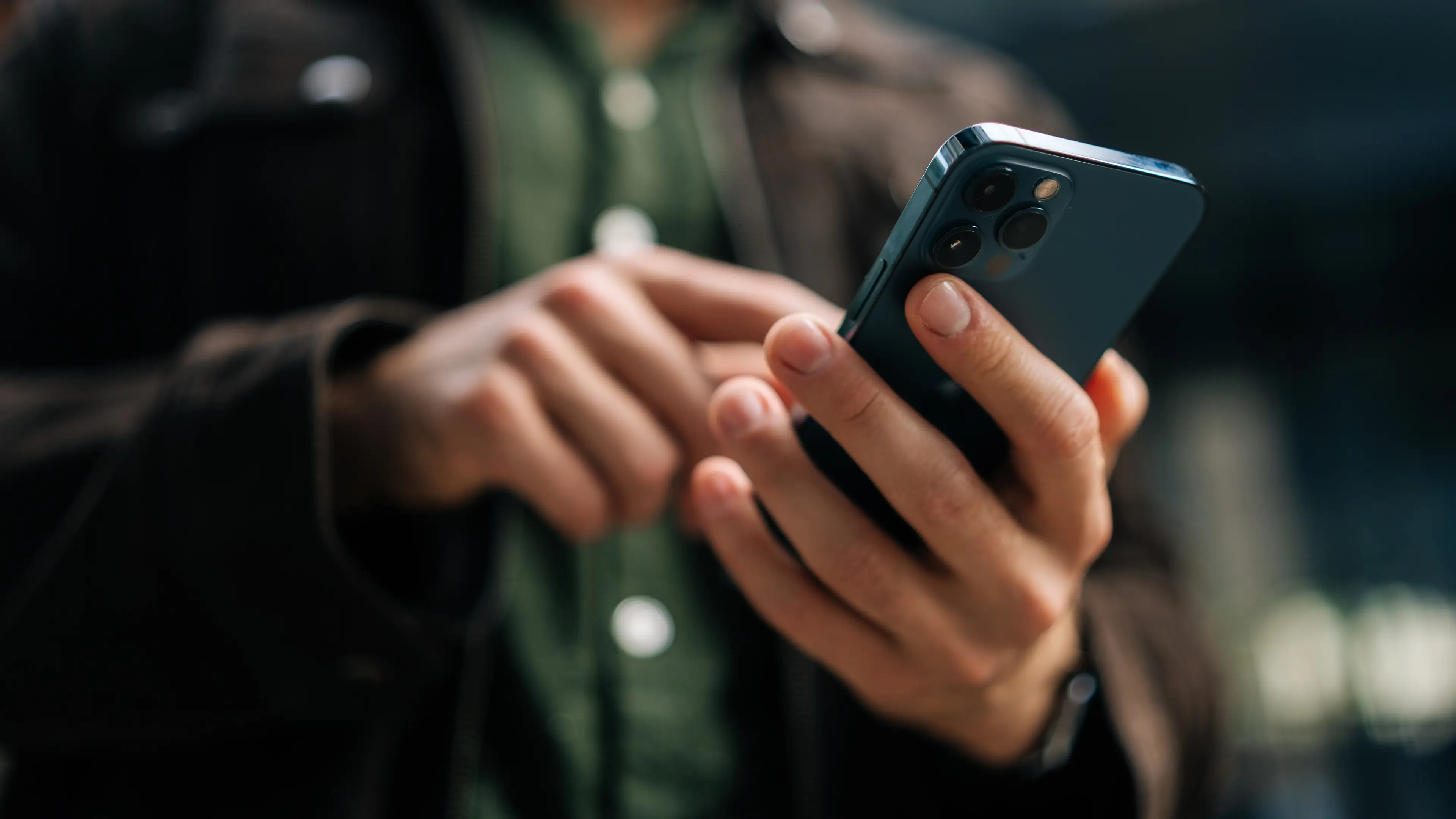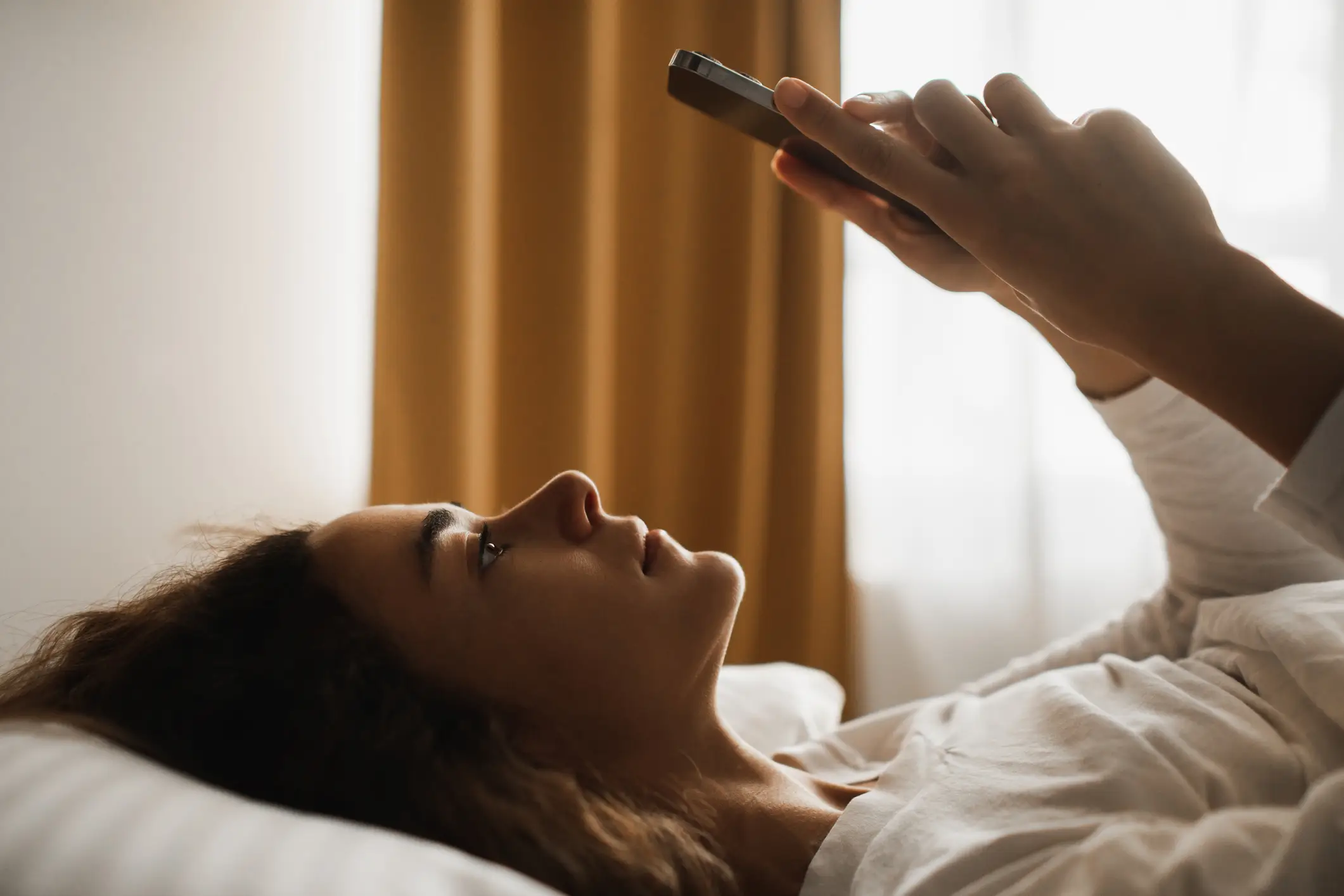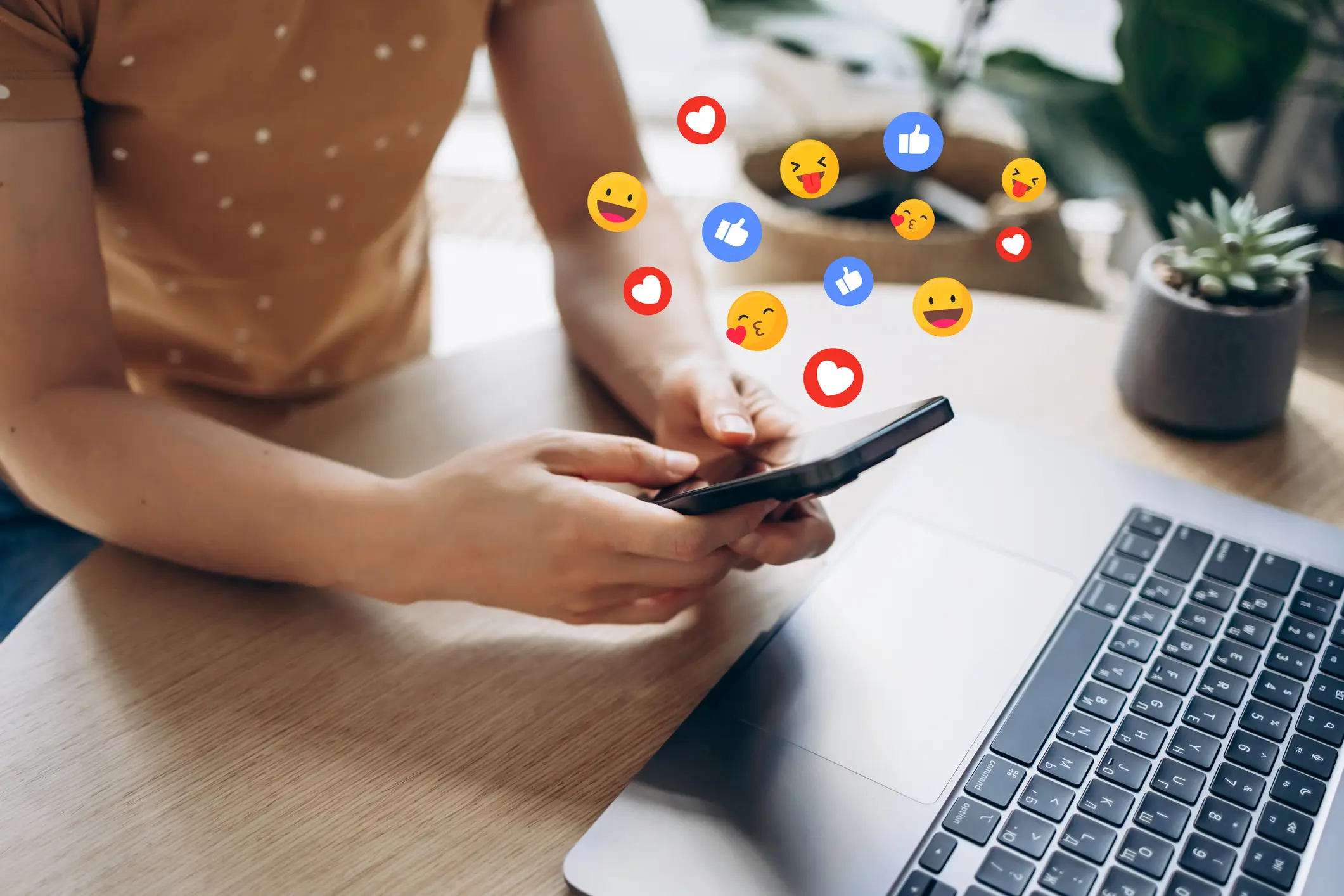
Topics: Health, Social Media, Instagram, Mental Health, Science

Topics: Health, Social Media, Instagram, Mental Health, Science
An expert has broken down the terrifying science behind why we can't stop refreshing our social media feeds.
We've all been there; replayed our own Instagram stories more times than anyone else ever will.
Agonized over whether our carousel looks 'aesthetic' enough. Then we hit post.
Seconds later - ping - a like. Then another. Then a comment. We refresh and wait for more to come in. And just like that, the cycle begins.
Advert
It's the same with mindlessly scrolling; you sit down for five minutes, only for hours to have passed after you've somehow absorbed some of the most mind-numbing content on the internet.
But it feels good - almost too good. So why do likes, shares, comments and endless scrolling hold such power over us?
Rob Phelps at Digital PR explains that our craving for likes is rooted in biology and the deep - but very human - need for recognition.
If anything, social media has intensified our need for validation - we can get it at our fingertips now, wherever we are and whatever we're doing.
And while that hit feels addictive in the moment, it comes with a much darker side - as Rob explains...

When we receive a like or a comment, our brains release dopamine, the feel-good chemical that rewards us for enjoyable experiences.
It’s the same biological high we get from buying something new, eating candy, or hearing from our crush.
But these rewards are (mostly) predictable, whereas social media validation isn't.
Sometimes you might get loads of likes, the next day only a few, and you will never know when it will happen.
It's that unpredictability that makes it so addictive. The anticipation is often just as powerful as the reward itself.
It keeps us hooked to our phones and refreshing our feeds constantly, searching for a dopamine hit.
"Likes and comments have become the new currency of social proof," Rob explains.
"It doesn’t just look like someone is enjoying your content; it actually acts as a public scoreboard of influence, value, and belonging. That’s why so many of us feel the need to delete posts if they don’t ‘perform well’ or enjoy the confidence boost when a reel or photo gets more reactions."
As likes and comments are on show to everyone, it can carry added weight, so others are also seeing what validation you receive.

The dark side of validation is how people compare something they think is ‘better’.
Research shows that comparing engagement levels online increases feelings of anxiety and low self-esteem.
"You can post a picture you love, and it gets 20 likes. But your friends post a similar picture, and it gets 200 likes. Your brain immediately knows it’s just a number on a screen. However, emotionally, it can feel like rejection," Rob explains.
Your sense of value quickly diminishes because someone else received more visible engagement.
This trap doesn’t only affect teenagers or heavy social media users; it impacts anyone using digital platforms, from parents to professionals.
The need for validation isn’t limited to just individuals. Brands are just as guilty of doing this. In fact, digital PR is built on the same psychology, the pursuit of credibility, recognition, and visibility.
"However, instead of likes and comments, brands chase mentions in national media, coverage in respected outlets, and viral campaigns that spread across platforms," Rob explains. "It's not just about exposure when a campaign ‘goes viral’; it’s about legitimacy. Both people and organisations share the same craving: to be heard, seen, and valued. "

David offers up five simple tips to help kick the habit. But remember - simple doesn't always mean easy...
Constant pings are meant to keep you hooked. Turning them off puts you back in control. Without the constant reminders, you’ll soon realise how much less you feel the need to go on your phone.
Try and value meaningful interactions - both online and in-real-life - over likes. "One heartfelt comment is worth more than a hundred mindless likes," Rob reminds us. "It shifts the focus from quantity to quality, making your online time feel more rewarding."
Allocate one day a week as 'no-check notifications' day. This will detach your self-worth from the fast rush of engagement.
By creating a space, you’ll reduce the emotional impact of the highs and lows that come with refreshing your phone.
Invest in real wins such as enjoying a new hobby, finishing a project, or connecting with loved ones. Confidence thrives in action, not approval.
"Offline achievements are real, lasting, and immune to algorithms," Rob says.
So in other words - go touch some grass!
David reiterates how brands measure success by long-term impact, not brief spikes.
"Apply the same to your life: what impression are you leaving behind? When you focus on yourself over likes, you will build confidence that doesn’t go away overnight."